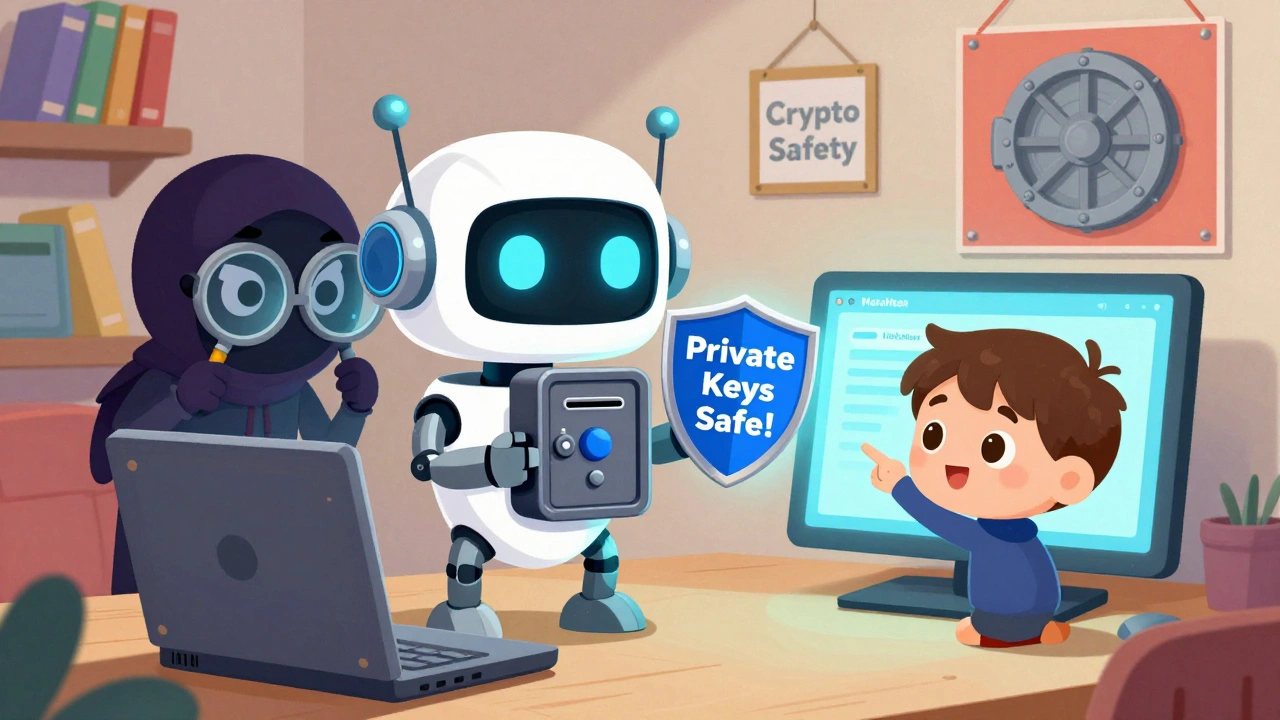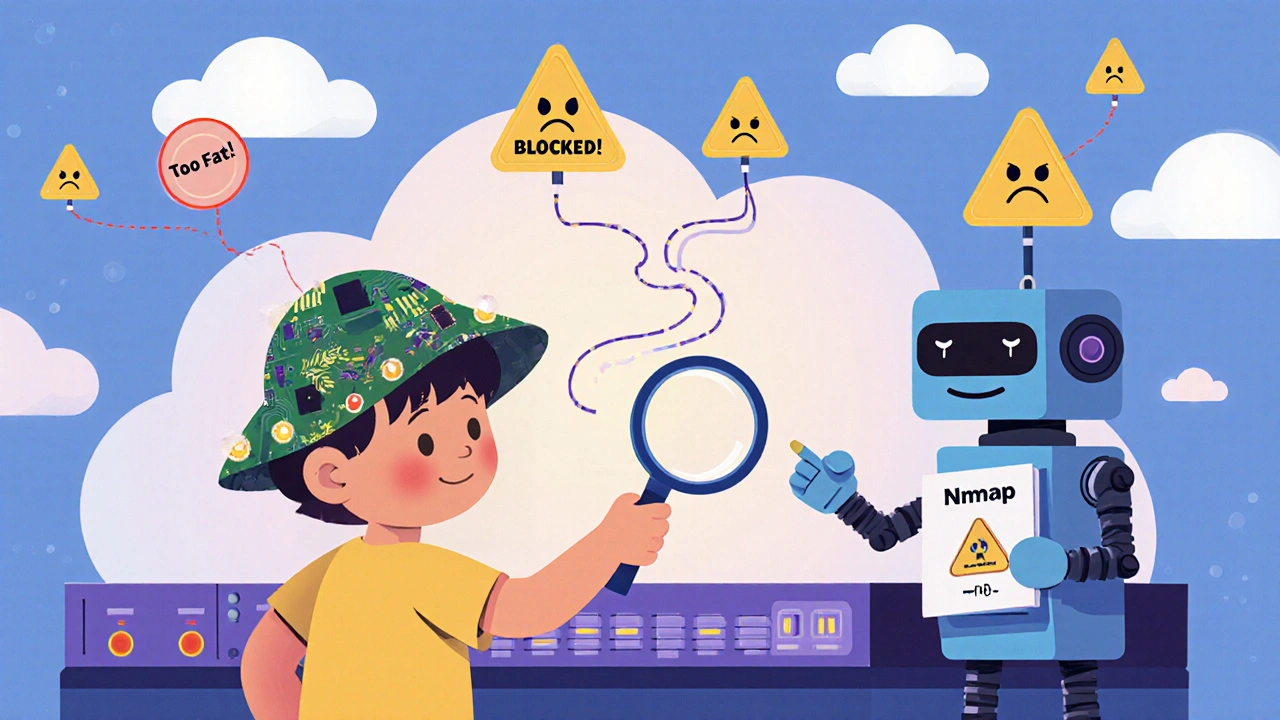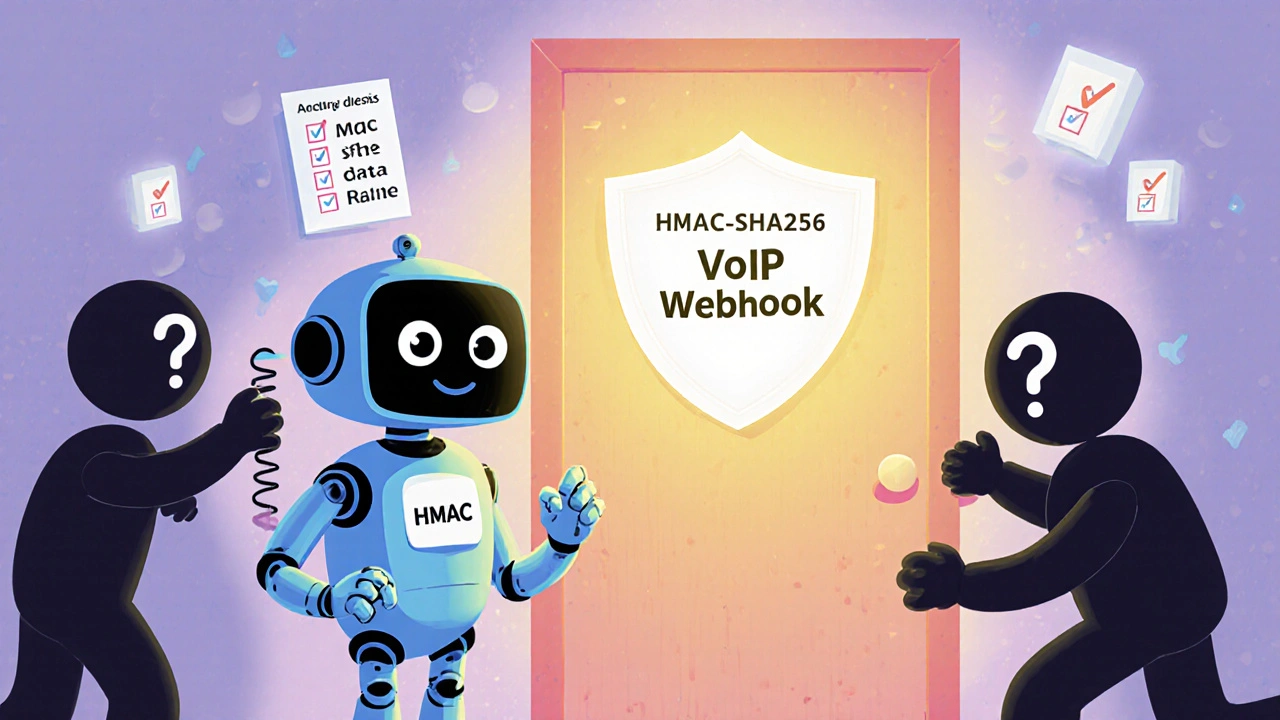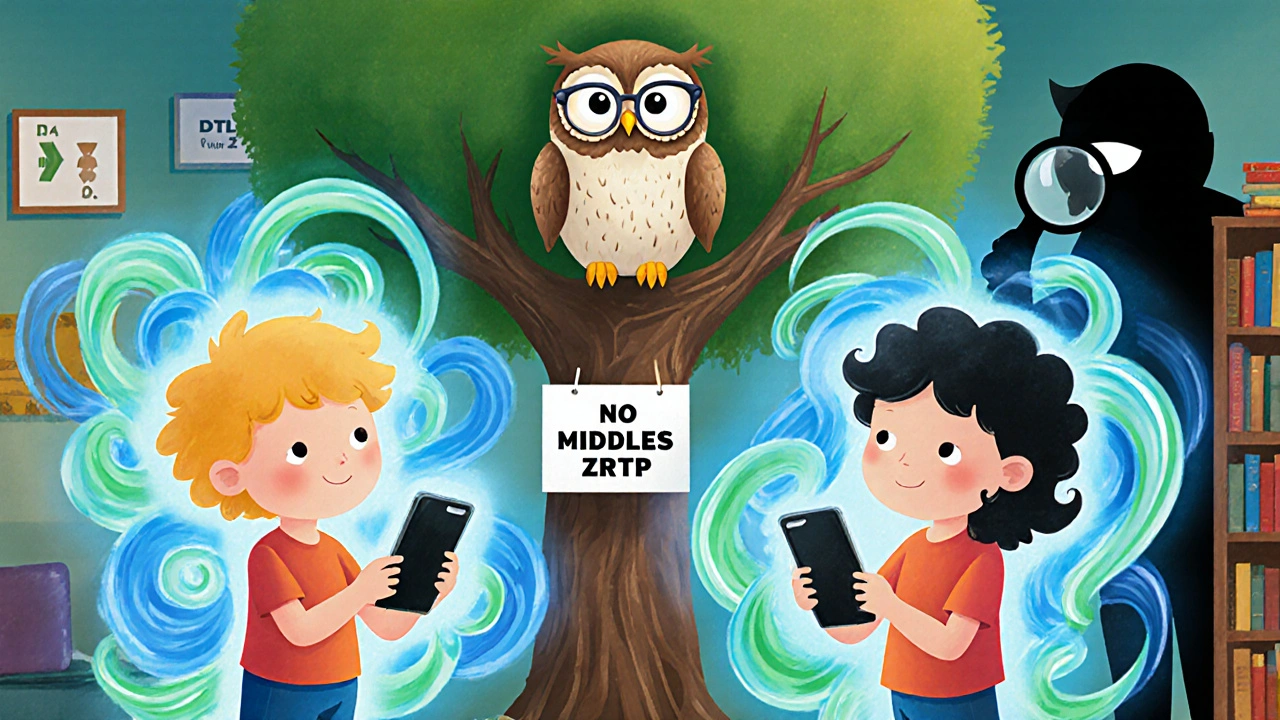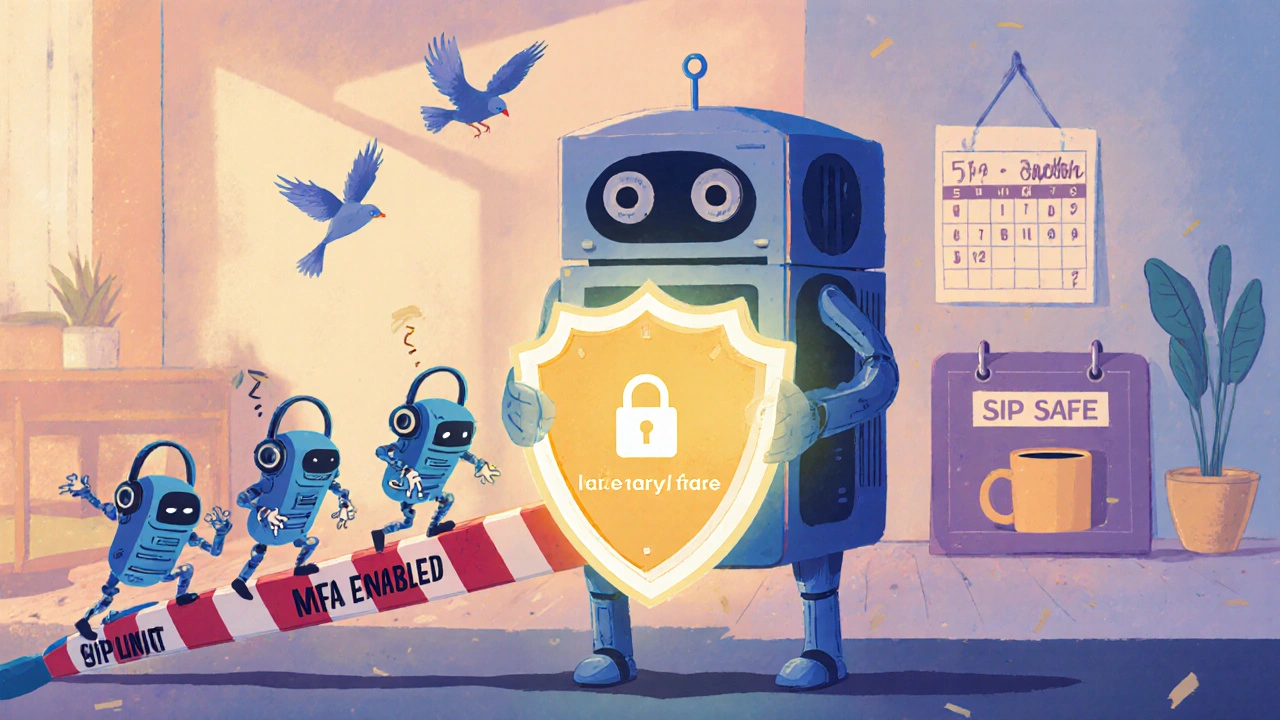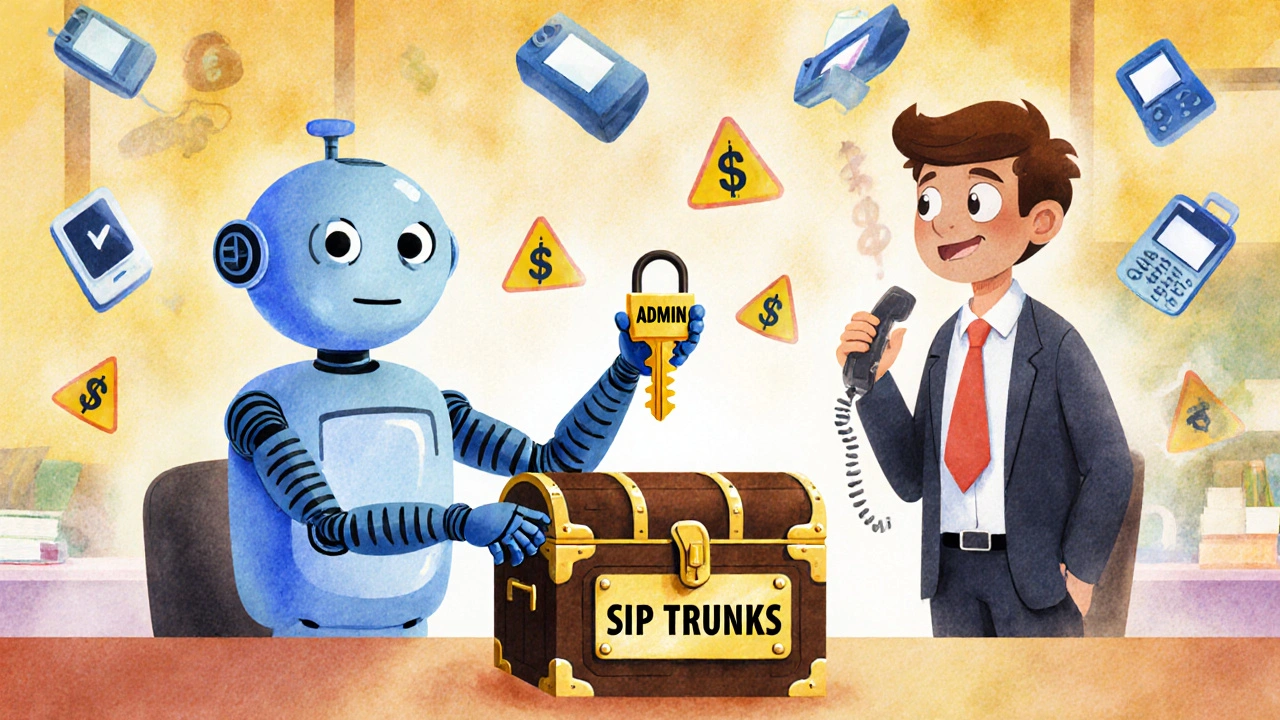Cybersecurity for VoIP: Stop Attacks, Secure Calls, and Protect Your Business
When you use Cybersecurity, the practice of protecting systems, networks, and data from digital attacks. Also known as network security, it's not just about firewalls and passwords—it's about keeping your phone calls safe from hackers who see VoIP as an easy target. If your business or home phone runs over the internet, you’re already using VoIP. And if you’re not securing it, you’re leaving the door open for toll fraud, eavesdropping, or even full system takeovers.
VoIP security, the set of measures to protect voice-over-IP communications from threats like SIP brute-force attacks and unauthorized access. This isn’t theoretical. In 2023, over 83% of VoIP systems faced at least one targeted attack, often because admins used default passwords or gave too many people admin rights. That’s where RBAC for VoIP, role-based access control that limits who can change settings, make calls, or access call logs. comes in. By giving users only the permissions they need—nothing more—you cut off the path attackers use to turn your system into a free calling service for overseas scammers.
Then there’s SIP brute force, automated attacks that try thousands of password combinations to hijack VoIP accounts. These don’t need fancy tools—just time and a list of common passwords. But you can stop them with simple, proven tactics: rate limiting, Fail2ban, and strong authentication. No complex software. No expensive licenses. Just smart settings that block bots before they get in.
And if you’re in a regulated industry—or just want to do things right—NIST VoIP security, a set of guidelines from the National Institute of Standards and Technology for securing communication systems. gives you a clear roadmap. SP 800-58, 800-53, and 800-171 aren’t just paperwork. They tell you exactly how to encrypt calls, isolate your SIP server, and audit access logs. Companies that follow these steps don’t just avoid fines—they avoid outages, lawsuits, and lost customer trust.
These aren’t separate topics. They’re connected. Strong authentication stops SIP brute-force attacks. RBAC prevents insiders from accidentally exposing your system. NIST guidelines help you build both. Cybersecurity for VoIP isn’t about buying the shiniest tool. It’s about putting the right pieces in place—step by step, one fix at a time.
Below, you’ll find real, actionable guides that show you how to set up access controls, block brute-force attacks, and apply NIST standards without hiring a security team. No theory. No fluff. Just what works.
- 1
- 2




